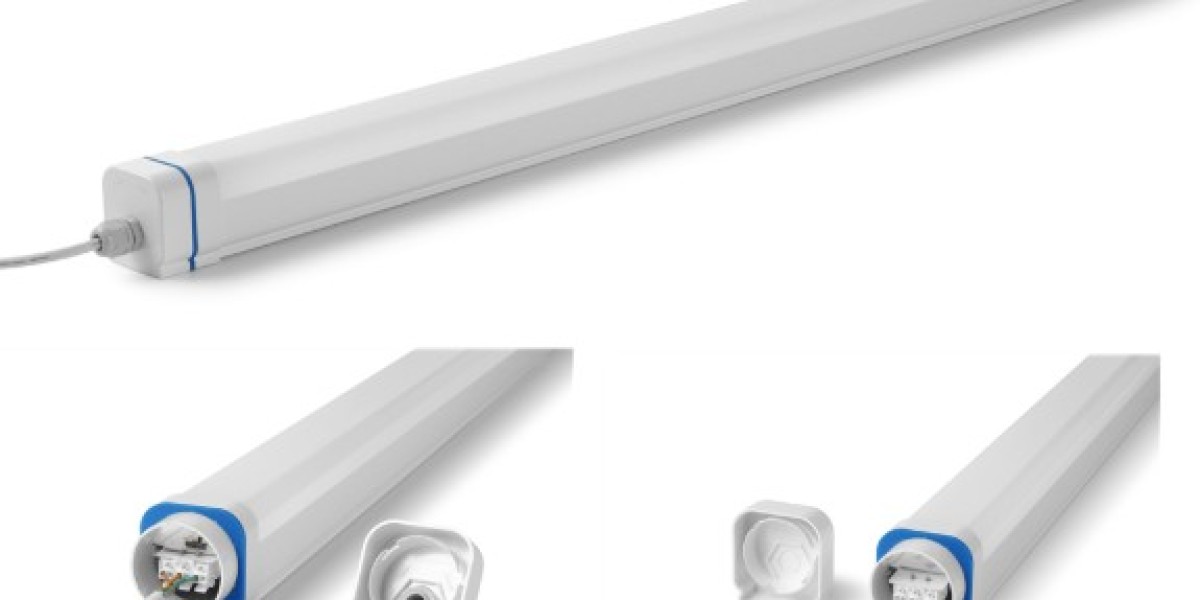Finding the right partner for your liquid filling and packaging needs is a critical step in scaling your product business. Whether you're dealing with cosmetics, personal care, cleaning solutions, or specialty chemicals, a reliable partner can help ensure that your products are filled accurately, packaged securely, and delivered on time.
The decision isn't just about machinery or pricing—it's also about quality, consistency, and trust. When liquid products are involved, precise measurements, hygiene standards, and efficient contract packaging processes play a major role. One wrong step in chemical blending or handling could lead to product recalls or damage your brand reputation.
This guide covers the top five things you should consider before choosing a liquid filling and packaging company for your business.
1. Experience and Industry Expertise
The first and most obvious thing to consider is how experienced the partner is with your product category. Not all filling partners handle the same types of liquids. Some may specialize in viscous products like lotions or creams, while others are set up to manage thin solutions like hand sanitizers or cleaning fluids.
An experienced partner will already understand the common challenges in liquid filling—such as product foaming, nozzle clogging, and viscosity changes—and will know how to solve them without slowing down the line.
What to Look For:
Years of operation in liquid filling and chemical blending
Track record with your product type
Case studies or testimonials from previous clients
Familiarity with relevant safety and compliance regulations
2. Equipment Capabilities and Flexibility
Your chosen partner should have the right filling machines and packaging tools that match your production needs. Advanced machines offer more precise fills, faster turnaround times, and better hygiene controls. They should also provide flexibility in container sizes, cap types, and label placements.
Additionally, flexibility matters. If you're testing a new formula or planning a limited-edition launch, the ability to handle small batches is just as important as managing high-volume runs.
Questions to Ask:
What types of containers and fill volumes can they handle?
Do they support multiple packaging formats like bottles, jars, or pouches?
Are they equipped for both manual and automated contract packaging lines?
3. Quality Control and Compliance Standards
In industries where chemical formulations are involved, there's no room for error. Each batch must meet exact specifications. A trustworthy liquid filling partner will have a strong quality control process in place, from raw material verification to final product inspection.
They should also follow relevant regulations such as GMP (Good Manufacturing Practices), FDA guidelines (if applicable), and environmental safety standards. This is especially important when chemical blending involves active or sensitive ingredients.
Quality Practices Should Include:
Batch tracking and documentation
Routine equipment sterilization
Real-time error detection systems
Product safety testing (microbial, pH, etc.)
4. Packaging and Labeling Support
Good packaging protects the product, maintains shelf stability, and enhances your brand's visibility. Beyond filling, your partner should offer end-to-end contract packaging services—such as capping, sealing, labeling, and boxing.
It’s even better if they provide design support or customization options. For brands with a strong visual identity, having a packaging partner that understands aesthetics and branding is a huge advantage.
Key Services to Look For:
Tamper-evident seals and shrink wrapping
Printed labels and batch coding
Bulk and retail-ready packaging
Storage and shipping logistics
5. Communication and Reliability
Lastly, a strong working relationship matters. Delays, miscommunications, or lack of updates can impact your entire production schedule. Choose a partner who is transparent, easy to reach, and proactive about solving issues.
Reliability also includes turnaround time. Ask about their typical lead times, capacity during peak seasons, and what backup plans they have in case of emergencies.
A Reliable Partner Should Offer:
Clear timelines and production schedules
Regular progress updates
A single point of contact or account manager
Responsiveness to feedback and concerns
Bonus Tip: Look for Scalable Partnerships
As your business grows, your needs will evolve. A great partner will be able to scale with you—offering larger production runs, additional services like chemical blending, and expanded packaging formats without disrupting quality.
If you’re planning new product launches or entering new markets, having a partner that can adapt quickly will give you a competitive edge.
Conclusion
Choosing the right liquid filling and packaging partner isn't a decision you should rush. It directly affects product quality, customer satisfaction, and brand reputation. A company that specializes in chemical blending and contract packaging brings technical expertise, safety assurance, and production efficiency to your business—allowing you to focus on innovation and growth.
By paying attention to experience, equipment, quality standards, packaging capabilities, and communication, you’ll ensure a smoother, more successful production journey. Invest the time to choose wisely, and your product line will benefit from professional execution at every step.



